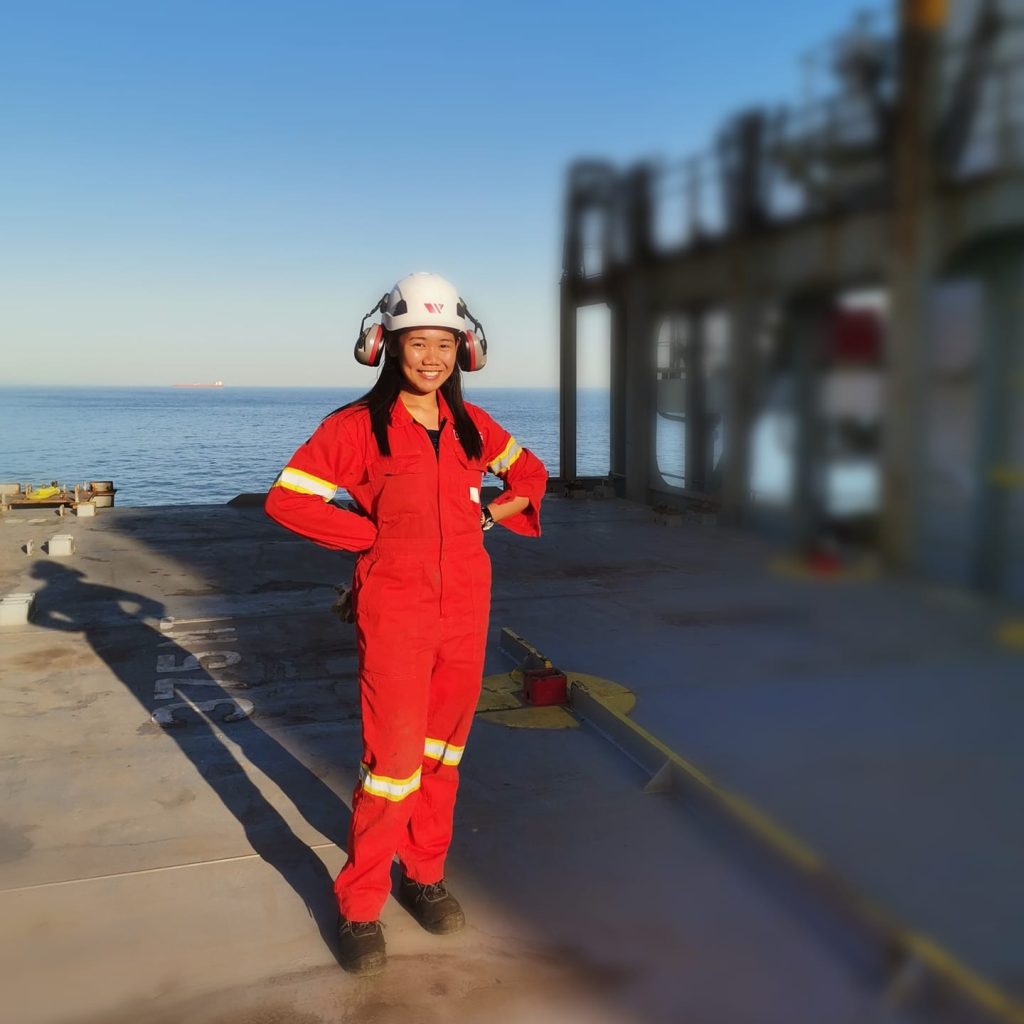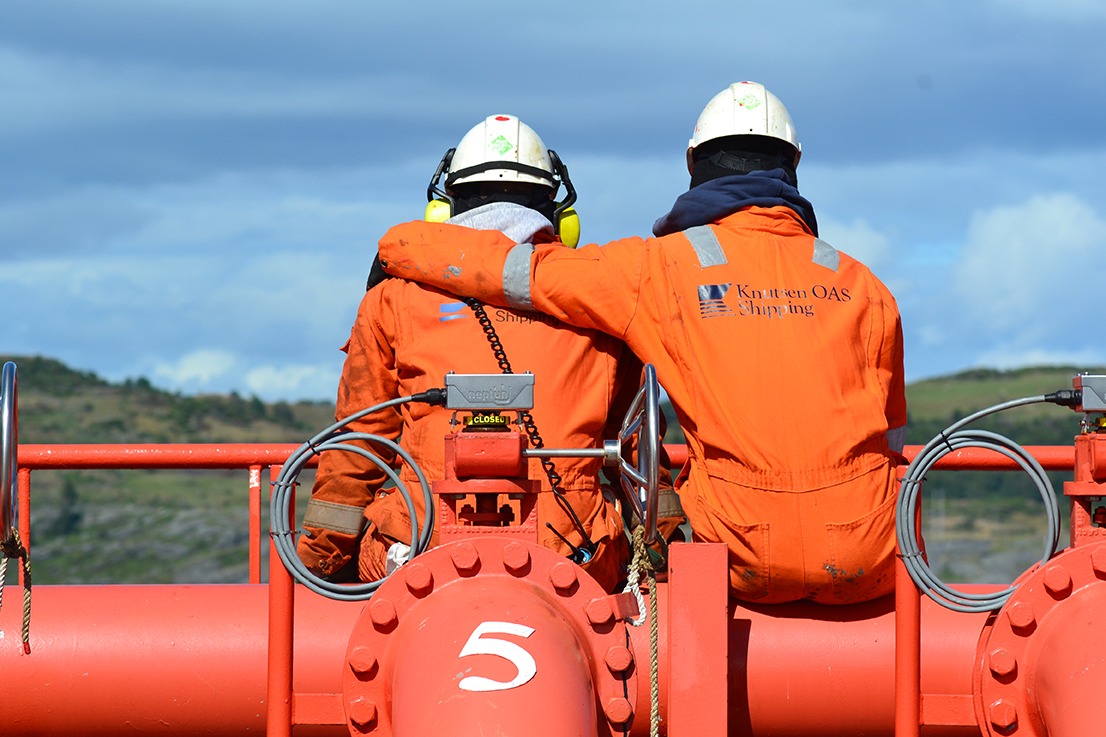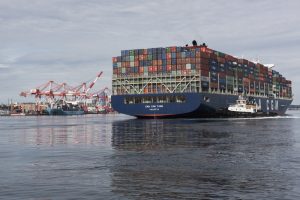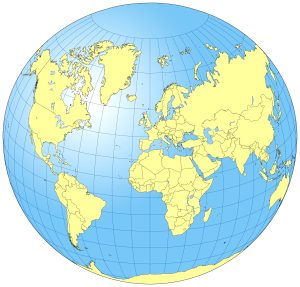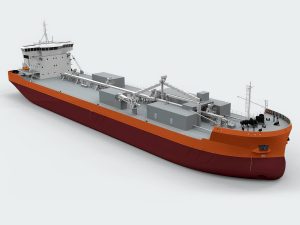Sharm El Sheikh, Egypt: A new Action Plan, launched at COP 27 by UN organizations, shipowners and unions, sets out recommendations to upskill seafarers to meet shipping’s decarbonisation goals. The plan is in response to findings from new research, the modelling of which cautions that as many as 800,000 seafarers will require additional training by the mid-2030s. The research comes at a time where many seafarers are concerned about safety aspects of potential future fuels such as ammonia.
Currently accounting for 3% of global emissions, shipping needs to transition away from conventional fuels towards alternative low- and zero-carbon fuels and technologies to meet the world’s target of keeping global warming to 1.5 C or less by 2050.
The three emission reduction scenarios assessed in the research highlight an immediate need to start putting the training infrastructure in place, to ensure hundreds of thousands of the world’s nearly two million seafarers are upskilled and empowered through the transition.
Findings also suggest that a lack of certainty on alternative fuel options is having a knock-on effects for seafarer training, as the global maritime community works towards a clearer decarbonization pathway in a post-fossil fuel era.
The research was conducted by DNV and commissioned by the Maritime Just Transition Task Force Secretariat, established at COP26 in Glasgow last year to ensure that shipping’s response to the climate emergency puts seafarers and communities at the heart of the solution.
In response to the training challenge that the modelling lie bare, the Action Plan makes recommendations for industry, governments, seafarer unions and academia (including training providers). These recommendations include:
- Strengthening global training standards
- Ensuring a health-and-safety-first approach
- Establishing advisory national maritime skills councils
Stephen Cotton, General Secretary of the International Transport Workers’ Federation (ITF) said,
“All three scenarios DNV identified require some form of retraining the workforce. The good news is that seafarers are prepared and willing to be part of this transition. But crews want to know that the fuels they’re handling are indeed safe, and that we as an industry have the training pathways established to upgrade their skills. Seafarers and other maritime workers are already feeling the effects of an unstable climate — dry unnavigable rivers, soaring ocean surface temperatures, shutdown ports with heatwaves and flash floods.”
Sanda Ojiambo, CEO of the UN Global Compact, said, «This new paper highlights that aligning with a 1.5 C trajectory requires action now to support the upskilling of the maritime workforce as the shipping industry moves to rapidly cut its greenhouse gas emissions. The action plan represents a global first — it marks the first business sector uniting in a tripartite framework — shipowners, seafarers’ unions and UN organisations — to discuss how to secure a Just Transition together.”
Guy Platten, the secretary general of the International Chamber of Shipping, said: “There is an urgent need to establish the infrastructure and training required to prepare our seafaring workforce, both in developed and developing countries, to help meet our decarbonisation objectives. This should be done as of today, so they are ready and able to meet the challenges that new green fuels and propulsion technologies will pose and mitigate any potential health and safety risks for ships, communities, the environment and seafarers themselves. This is an opportunity for all so that no-one is left behind. Shipping cannot decarbonise without its workers and the 10-point action plan developed by the Task Force maps out a pathway for how this can be achieved, as our industry continues to navigate towards a decarbonised future.”
“Decarbonization is bringing new opportunities, new technologies but also new risks. Our first priority must be to achieve safe decarbonisation. We must take a collaborative approach to safeguard our people, our ships and our environment. This report points to the challenges and the tangible actions the industry can take to support and protect its workforce. DNV is pleased to see the action plan led by the Task Force and recognize the challenge moving forward to train seafarers on alternative fuel technologies,” said Knut Ørbeck-Nilssen, CEO of DNV Maritime.
Also quoted in the press release, Cleo Bierneza, a Third Officer from the Philippines working aboard cargo ships, added, “As seafarers, we see climate change happening. Some voyages get very hot nowadays for crew onboard, and in some places of the world the weather will change extremely, without warning. It didn’t used to be like that. I would like maritime to reduce our own carbon if we can, so crews can have a more stable climate to work with. I am excited for a Just Transition, because we can make seafaring an even better job and hopefully bring in more women to become seafarers.” (photo: Seafarer Trust)
